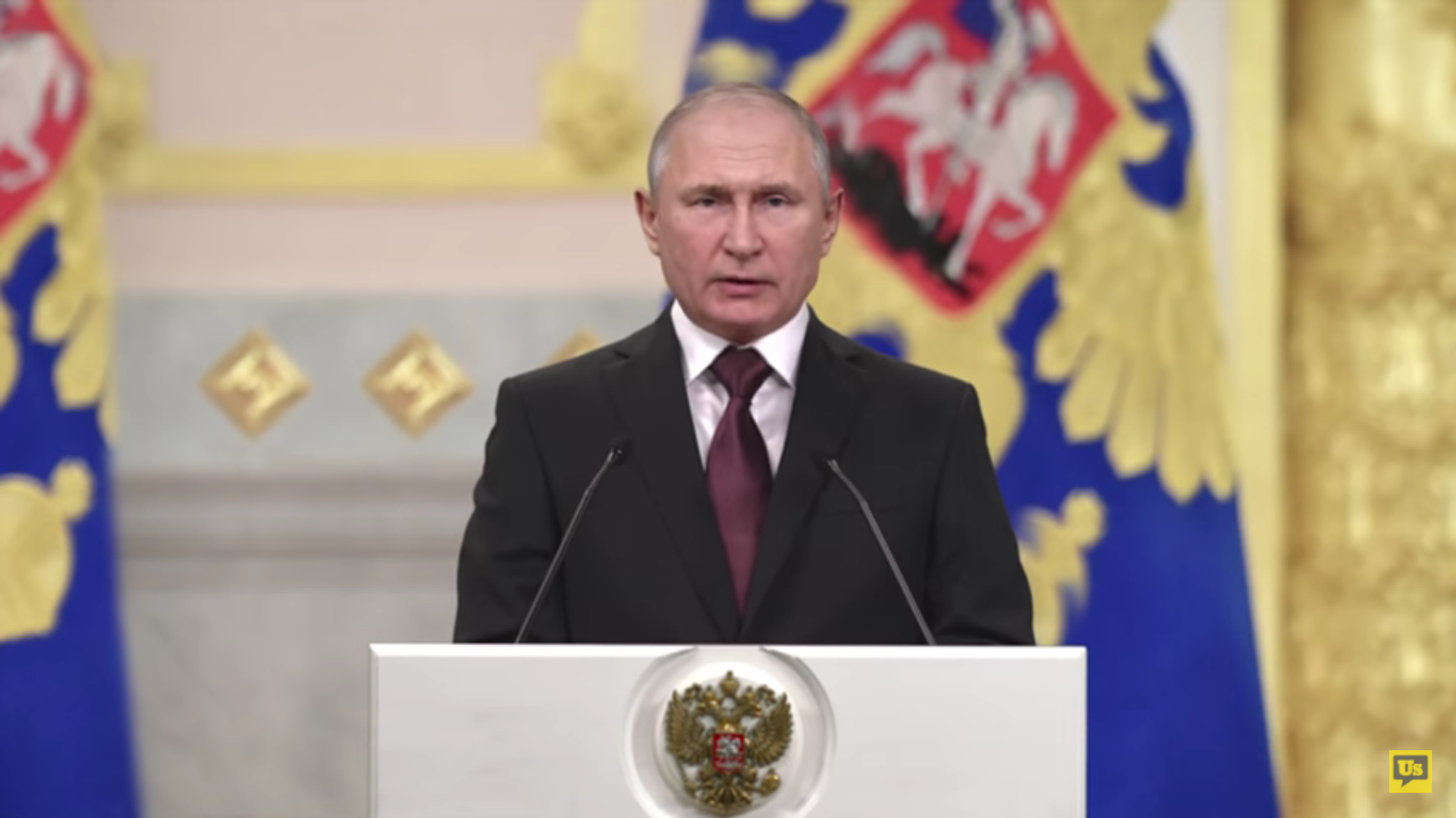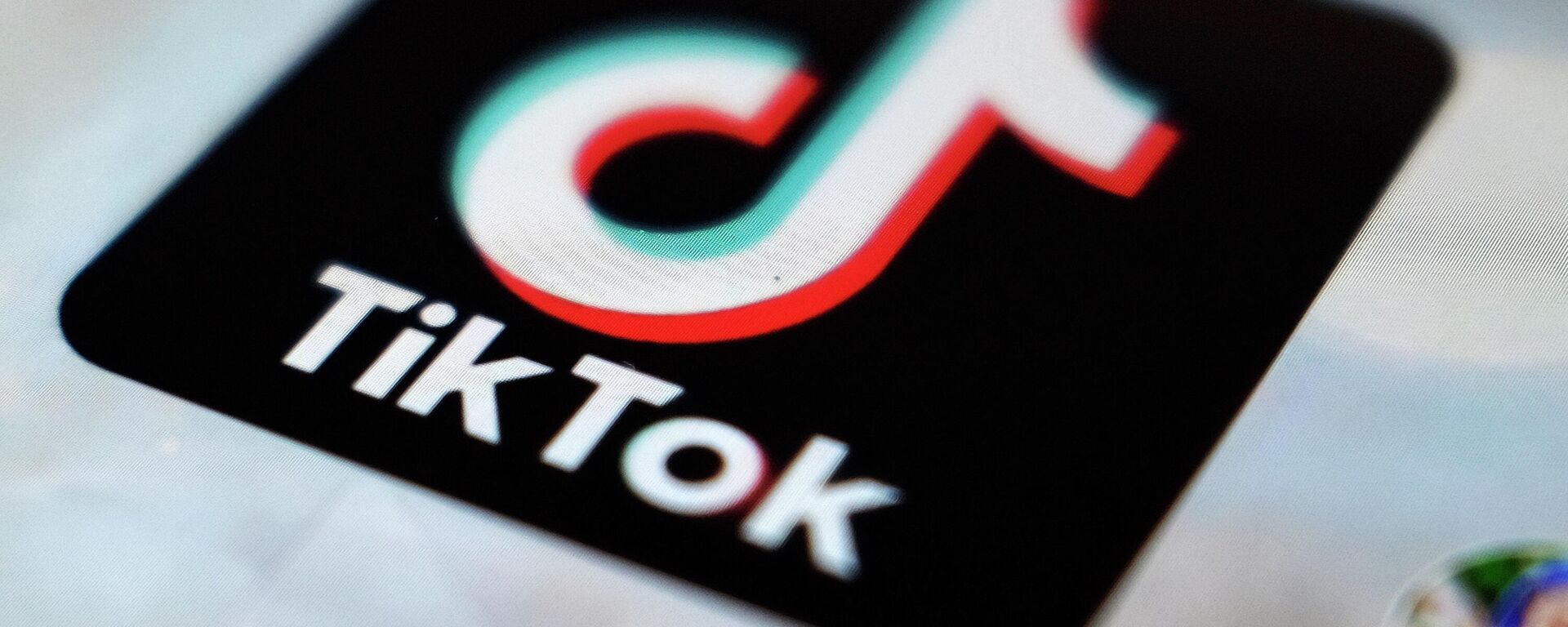https://sputnikglobe.com/20230307/report-us-special-forces-looking-to-tap-deepfake-tech-to-influence-foreign-populations-1108160392.html
Report: US Special Forces Looking to Tap Deepfake Tech to Influence Foreign Populations
Report: US Special Forces Looking to Tap Deepfake Tech to Influence Foreign Populations
Sputnik International
Deepfakes were popularized in 2017. They use machine learning to paste the face of an individual onto another person's body in a realistic way. It is typically used for entertainment purposes and pornography.
2023-03-07T22:49+0000
2023-03-07T22:49+0000
2023-03-07T22:48+0000
military
deepfakes
mass surveillance
propaganda
misinformation
us special operations command (socom)
https://cdn1.img.sputnikglobe.com/img/107920/50/1079205059_134:0:1786:929_1920x0_80_0_0_477bb3f320e2d883f8e0db4c5c2e9b00.jpg
The US Special Operations Command (SOCOM) is asking companies to develop technologies that will allow them to create realistic deepfakes and hack internet-connected devices allowing them to spy on foreign populations to determine what kinds of propaganda are the most effective.This comes as US politicians and officials clutch their pearls over alleged Chinese spying through social media apps like TikTok and warnings that deepfake technologies pose an existential threat to democracy.The requests for bids from private companies come from a procurement document published by the Intercept. It includes a wishlist of what the outlet describes as “next-generation toys” for special forces commandos. In addition to hacking and deepfake technologies, the document also requests bids for technologies including robots, holograms, lasers, “directed energy and electromagnetic warfare” and other technologies that would not be out of place in a Sci-Fi action film.It is standard procedure for the US government and military to award contracts to private businesses for development. What makes this disclosure unique is that it represents the first time a government openly requested that deepfake technologies be created for offensive purposes.Meanwhile, the Defense Advanced Research Projects Agency (DARPA) and the Pentagon have been spending tens of millions of dollars to detect deepfake technology. At a 2018 Senate Intelligence Committee hearing, Senator Marco Rubio (R-FL) called deepfake technologies “the next wave of attacks against America and Western democracies.”The National Defense Authorization Act for the fiscal year 2021 also mentioned deepfake technologies as a threat, directing the Pentagon to perform an “intelligence assessment of the threat posed by foreign government and non-state actors creating or using machine-manipulated media (commonly referred to as ‘deepfakes’).” And in 2020, it was reported that SOCOM itself was developing deepfake technologies.But in October the Pentagon procurement document was updated to include a new section: “Advanced Technologies for Use in Military Information Support Operations (MISO).” Military Information Support Operations is a term used by the Pentagon to describe propaganda.It requests technologies be created for “influence operations, digital deception, communication disruption, and disinformation campaigns at the tactical edge and operational levels,” including the ability to “provide a next-generation of ‘deepfake’ or other similar technology to generate messages and influence operations via non-traditional channels in relevant peer/near peer environments.”In plain language, SOCOM wants to spread disinformation using deepfakes, presumably of military or political leaders, to spread fear, uncertainty and doubt among foreign populations.Using deepfake videos to influence global events has been attempted before. Shortly after Russia launched its special military operation in Ukraine, a deepfake video of Ukrainian President Volodymyr Zelensky ordering his troops to surrender appeared online. Although the video was not very advanced and was quickly debunked, its creation created a stir about the dangers of such technology.Essentially, SOCOM is asking for the ability to listen to a foreign population’s everyday conversations to create targeted advertising or propaganda, including deepfake technology, to get the population to believe and think what SOCOM wants them to believe.If created, it would be a data gathering operation that would make the likes of Google and Amazon blush.This is while the US and Canadian governments are accusing China of using TikTok to spy on and influence their citizens. But while TikTok is an app limited to the phones of those who choose to install it, SOCOM wants the ability to listen in on conversations from any internet-connected device. The document also requests technologies that will help it “enable MISO to craft and direct influence operations and messages in relevant peer/near peer environments,” e.g. spread their propaganda online in a clandestine way.However, that is something SOCOM has already been doing. In December, it was reported by the Intercept that SOCOM convinced Twitter to allow it to set up a network of sham accounts designed to spread misinformation, including that the Iranian government was harvesting the organs of Afghan civilians.“Rules for thee, not for me” it seems, is the US government’s policy surrounding deepfake technologies, online misinformation campaigns and mass surveillance.
https://sputnikglobe.com/20220115/people-cant-distinguish-deepfake-from-real-videos-even-if-warned-in-advance-study-says-1092275613.html
https://sputnikglobe.com/20230307/us-senate-to-consider-new-bipartisan-bill-to-empower-biden-to-act-against-tiktok-media-reports-1108132267.html
Sputnik International
feedback@sputniknews.com
+74956456601
MIA „Rossiya Segodnya“
2023
News
en_EN
Sputnik International
feedback@sputniknews.com
+74956456601
MIA „Rossiya Segodnya“
Sputnik International
feedback@sputniknews.com
+74956456601
MIA „Rossiya Segodnya“
socom uses deepfakes, us government deepfakes, deepfakes to spread fake news, misinformation, propaganda
socom uses deepfakes, us government deepfakes, deepfakes to spread fake news, misinformation, propaganda
Report: US Special Forces Looking to Tap Deepfake Tech to Influence Foreign Populations
Deepfakes, which were popularized in 2017, use machine learning technology to paste the face of an individual onto another person's body in a realistic manner. It is typically used for entertainment purposes and pornography.
The US Special Operations Command (SOCOM) is asking companies to develop technologies that will allow them to create realistic deepfakes and hack internet-connected devices allowing them to spy on foreign populations to determine what kinds of propaganda are the most effective.
This comes as US politicians and officials clutch their pearls over alleged Chinese spying through social media apps like TikTok and warnings that deepfake technologies pose an existential threat to democracy.
The requests for bids from private companies come from a procurement document published by the Intercept. It includes a wishlist of what the outlet describes as “next-generation toys” for special forces commandos. In addition to hacking and deepfake technologies, the document also requests bids for technologies including robots, holograms, lasers, “directed energy and electromagnetic warfare” and other technologies that would not be out of place in a Sci-Fi action film. It is standard procedure for the US government and military to award contracts to private businesses for development. What makes this disclosure unique is that it represents the first time a government openly requested that deepfake technologies be created for offensive purposes.
Meanwhile, the Defense Advanced Research Projects Agency (DARPA) and the Pentagon have been spending tens of millions of dollars to detect deepfake technology. At a 2018 Senate Intelligence Committee hearing, Senator Marco Rubio (R-FL) called deepfake technologies “the next wave of attacks against America and Western democracies.”
The National Defense Authorization Act for the fiscal year 2021 also mentioned deepfake technologies as a threat, directing the Pentagon to perform an “intelligence assessment of the threat posed by foreign government and non-state actors creating or using machine-manipulated media (commonly referred to as ‘deepfakes’).” And in 2020, it was reported that SOCOM itself was developing deepfake technologies.

15 January 2022, 11:42 GMT
But in October the Pentagon procurement document was updated to include a new section: “Advanced Technologies for Use in Military Information Support Operations (MISO).” Military Information Support Operations is a term used by the Pentagon to describe propaganda.
It requests technologies be created for “influence operations, digital deception, communication disruption, and disinformation campaigns at the tactical edge and operational levels,” including the ability to “provide a next-generation of ‘deepfake’ or other similar technology to generate messages and influence operations via non-traditional channels in relevant peer/near peer environments.”
In plain language, SOCOM wants to spread disinformation using deepfakes, presumably of military or political leaders, to spread fear, uncertainty and doubt among foreign populations.
Using deepfake videos to influence global events has been attempted before. Shortly after Russia launched its special military operation in Ukraine, a deepfake video of Ukrainian President Volodymyr Zelensky ordering his troops to surrender
appeared online. Although the video was not very advanced and was quickly debunked, its creation created a stir about the dangers of such technology.
To assist in SOCOM’s mission to influence populations, it is also requisition bids for technology that would give it the “capability to 'takeover' Internet of Things (IoT) devices for collect data [sic] and information from local populaces to enable breakdown of what messaging might be popular and accepted through sifting of data once received. This would enable MISO to craft and promote messages that may be more readily received by local populace in relevant peer/near peer environments.”
Essentially, SOCOM is asking for the ability to listen to a foreign population’s everyday conversations to create targeted advertising or propaganda, including deepfake technology, to get the population to believe and think what SOCOM wants them to believe.
If created, it would be a data gathering operation that would make the likes of Google and Amazon blush.
This is while the US and Canadian governments are accusing China of using TikTok to spy on and influence their citizens. But while TikTok is an app limited to the phones of those who choose to install it, SOCOM wants the ability to listen in on conversations from any internet-connected device.
The document also requests technologies that will help it “enable MISO to craft and direct influence operations and messages in relevant peer/near peer environments,” e.g. spread their propaganda online in a clandestine way.
However, that is something SOCOM has already been doing. In December, it was reported by the Intercept that SOCOM convinced Twitter to allow it to set up a network of sham accounts designed to spread misinformation, including that the Iranian government was harvesting the organs of Afghan civilians.
“Rules for thee, not for me” it seems, is the US government’s policy surrounding deepfake technologies, online misinformation campaigns and mass surveillance.





